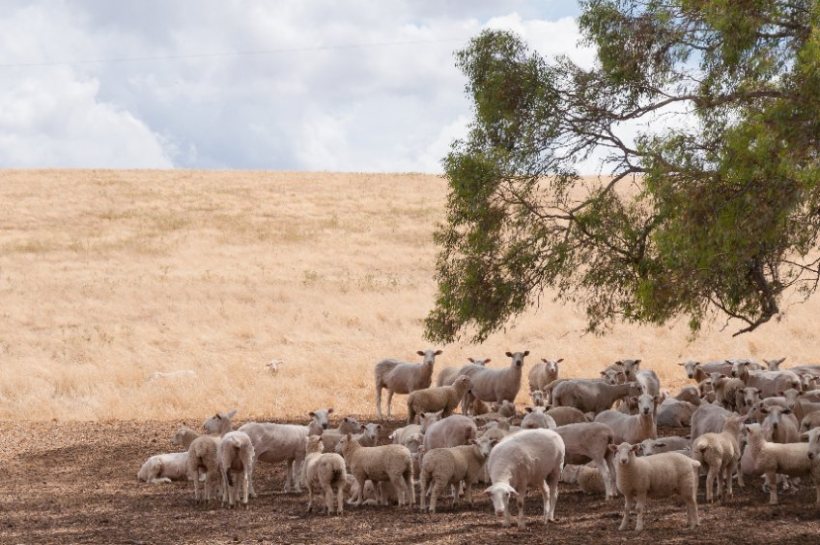
The Australia trade deal risks setting a precedent for talks with other large agricultural powerhouses, peers warn in a new report looking at the impact of FTAs on the UK economy.
The government should "take full account" of the potential cumulative effects of post-Brexit free trade agreements on British farming, the report, released today (23 June), says.
Concerns were heard from farming groups as part of the House of Lords International Agreements Committee inquiry, which had a particular focus on the impact of the UK-Australia trade deal.
This agreement provides an insight into the government’s vision for post-Brexit trade, as it was the first negotiated since the UK left the EU.
Overall, the committee welcomed the FTA, particularly for the provisions facilitating services trade, including those in relation to legal and financial services, mobility and digital trade.
However, peers identified "some risks flowing from the agreement that will need to be carefully monitored", notable in relation to the farming industry.
The agreement "substantially liberalises" access to the UK market for Australian agricultural products, with farming groups raising significant concerns to the committee on this issue.
Despite government assurances that certain sectors would be afforded some level of protection, there will be full liberalisation of dairy after six years, sugar after eight years and beef and lamb after 15 years.
There will also be no safeguards available for any products if imports reach damaging levels after that 15 years is up.
The report says it remains to be seen whether the safeguards in the FTA are "'robust enough to ensure fair competition and effectively respond to potential surges in Australian agricultural imports".
While the committee concludes that import volumes would likely be tempered by geographical distance and Australia’s focus on Asia as its main market, it also emphasises that the unconditional approach to removing tariffs could set a precedent for future negotiations.
The report concludes that the government should be wary of the effects of this agreement and other FTAs on UK agriculture, with impact assessments providing more detailed information on the impacts on the devolved administrations.
Peers also highlighted a "lack of ambition" for the environment, and, further to the election of a new government in Australia, has urged the government to review commitments made as soon as possible.
Baroness Hayter, chair of the committee, warned that the UK-Australia deal could set a precedent for negotiations with other countries, particularly with large agricultural producers.
“The UK-Australia free trade agreement underlines the need for the government to publish a comprehensive trade policy, before it signs any other major trade agreement.
"There are risks which can’t be quantified now and will need to be monitored on implementation. For example, the impact on UK agriculture and on the devolved nations."
She added: “Given that we gave Australia generous agricultural market access, it is regrettable that the government did not press Australia for more ambitious commitments on climate change nor include any references to reducing Australia’s reliance on coal."
The report is expected to be debated in the House of Lords in July.
